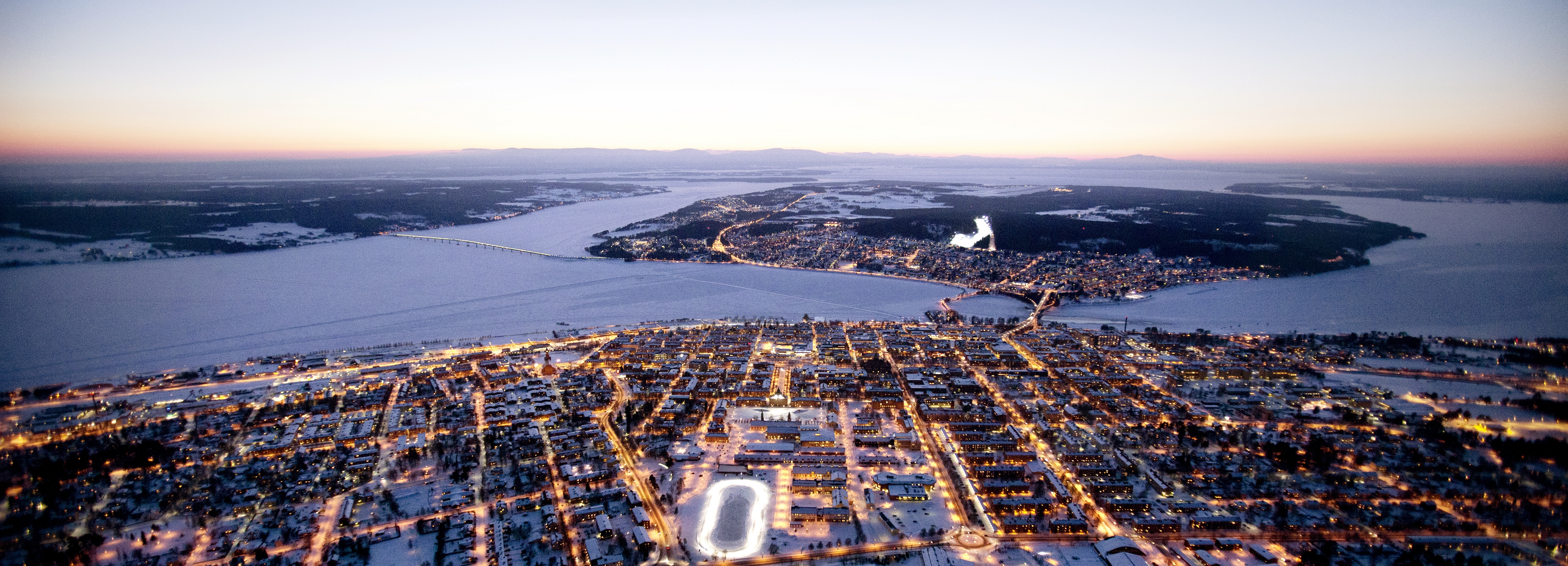
Preparing for future crises: Temporal possibilities and their materialisations Passed
Wednesday September 22, 2021 15:00 - 17:00 F
Workshop leaders: Cecilie Baann, Charline Kopf, Sarah-Jane Cooper-Knock, Tanja HendriksPresenters: Charline Kopf, Emily Eyestone, Jonathan Eaton, Miriam Jensen, Tanja Hendriks
- When invasiveness manifests: the zebra mussel and its implications for conflict management and planning practices, Miriam Jensen
- Decolonizing Disaster Preparedness in the Caribbean: The Role of Non-Sovereign Territories and Efforts at Regional Cooperation, Emily Eyestone
- Counting on Crisis: planning and preparing disaster relief interventions in Malawi, Tanja Hendriks
- Rebuilding the Future: Disaster Anticipation and Recovery Planning in Vancouver, Canada, Jonathan Eaton
- Planning for multiple disasters along West African borders: between standardisation and localisation, Charline Kopf
Panel description
Envisioning the future entails concrete actions and plans that simultaneously seek to draw on past experiences and stake out new courses for improving human lives and capacities. Disaster preparations sit right in the middle of these temporal entanglements of the past, present and future. The relations between disaster preparations and visions of the future bring the temporal possibilities of what “may happen”, what “could have been”, and what “might come to be if…”, into an actionable present. As disaster preparations plan for crisis-prone futures, experience from the past has also shown the limits of what planning can do and what we can actually prepare for. Thus, planners are caught in a perpetual cycle of anticipations, preparations and other forms of materialising crisis responses.
In this panel, we address the plans for disasters-to-come. From terrorist attacks, mass displacement crises, epidemics, climate-change induced catastrophes to bio-terror threats and species extinction, the preparation for these disasters come in a myriad of forms. The planning process entails concrete exercises, discursive framings of both visions of security and possible threats, and include multiple socio-political practices and relations. Some plans envision dystopian scenarios whereas others promote more utopian visions of collaborative efforts in which state and non-state actors address the existing gaps between disaster relief responses and disaster risk reduction programs. Some plans are narrow scoped and concerned with preparing for the next emergency in a specific geographical area or regarding a particular type of threat or risk. Others are broader and deal with tackling intersecting crises in the Anthropocene and how to reconcile the current status quo with potentially safer and securer futures, such as projects of preservation.
We welcome contributions that zoom in on the empirical and creative aspects of creating such plans, e.g. the writing of scenarios; the practical exercises involved; theoretical explorations of planning for utopian and dystopian futures; as well as comparative papers exploring the interlinking temporalities of past, present and future emergency responses and how they materialise in everyday lives. We also encourage panellists to reflect on the following: To what extent are crises actually thought to be avoidable or plannable? Is it possible to think about preparedness alongside chronic crisis? What is the relationship between crisis, critique and creativity? How can we learn from speculative imaginaries and plans of crisis scenarios?
Related products
Lecturers
Cecilie Baann Workshop leader
PhD fellow
Aarhus University, Department of Anthropology
Social anthropologist working on human security and livelihoods in the fishing sector in Sierra Leone
Charline Kopf Workshop leader
University of Oslo & KU Leuven
Sarah-Jane Cooper-Knock Workshop leader
Tanja Hendriks Workshop leader
University of Edinburgh
Charline Kopf Presenter
University of Oslo & KU Leuven
Emily Eyestone Presenter
Princeton University
Jonathan Eaton Presenter
PhD Candidate
University of British Columbia
Miriam Jensen Presenter
Aalborg University
Tanja Hendriks Presenter
University of Edinburgh